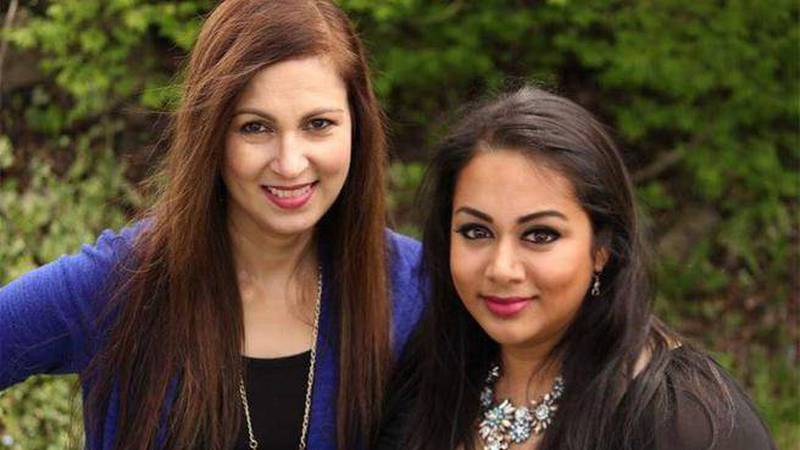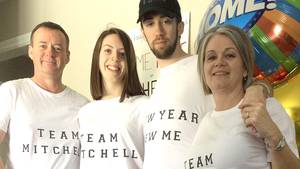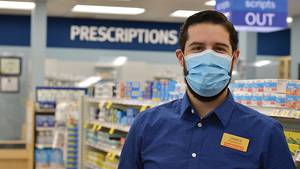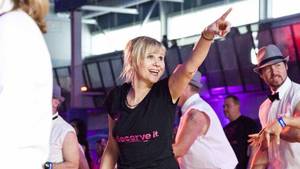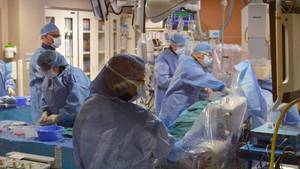I always believed in the mantra: “everything happens for a reason.” This belief was shattered when I was diagnosed with end-stage renal disease in 2015.
I was in the prime of my life: young, determined and wildly optimistic. Like many young people, I thought I was invincible. Other than a few sports injuries throughout the years, I rarely went to see a doctor. There was no time for illness; however, I quickly learned that life doesn’t quite work that way.
As a young adult, I moved from a world of student life, hopes and dreams into a new world — one that was riddled with uncertainty, long-term hospitalization, ungodly bloating and grueling sessions of dialysis. It all started with a life-saving trip to the QEII’s emergency department. I was kept on breathing support in the critical care unit until I was stable enough to be moved. With less than 10 per cent kidney function, I was immediately placed on the transplant list. Dialysis would keep me alive until a donor became available.
I longed for my former life; a life where I felt I had control. My family, my pillar of strength, underwent testing to see if they would match for kidney donation. After a year of dialysis, the turning point in my life was when I received a kidney from my mother. Because of her donation, I was given a second chance at life.
My time had come — I was ready to live life outside of hospital walls.
Post-transplant, I was eager to return to school and reconnect with my peers. However, two weeks into the semester, I realized my priorities had changed. I wasn’t interested in sitting in a classroom — at least not right now. My health experience taught me the importance of living in the present as nobody is guaranteed tomorrow. Leaving school, I embarked on a “soul searching” trip to explore various cultures and take time to appreciate the beauty of life.
The nightmare of my illness slowly became a dream of recovery, all thanks to my support team: my family, doctors, nurses and staff at the QEII. I have learned that those treating you are more than healthcare workers; they develop into your hospital family. They understand you in a way people outside of the hospital can’t. They witness you at your darkest moments and are excited when you reach medical milestones; cheering you on no matter how big or little the achievement is. That is something truly special.
Reflecting on my past, I now realize that my mantra did evolve over time. Not the way I planned for it to happen, but truthfully, does life ever go as planned? I still believe that everything in life happens for a reason. I learned that the mantra is difficult to believe in when you are in the midst of hardship; however, our experiences, no matter how good or bad they may seem, teach us something that showcases a more authentic version of ourselves.
I sometimes wonder how different my life would be if I didn’t have a donor. This is the reality for many faced with organ failure. I can’t stress the importance of organ donation enough. One donation, one surgery, can change a life. If you have the ability to become an organ donor — please consider. You are giving people the chance to be their best selves — the chance to live, love and experience all this world has to offer. There is no greater gift than the gift of life.

